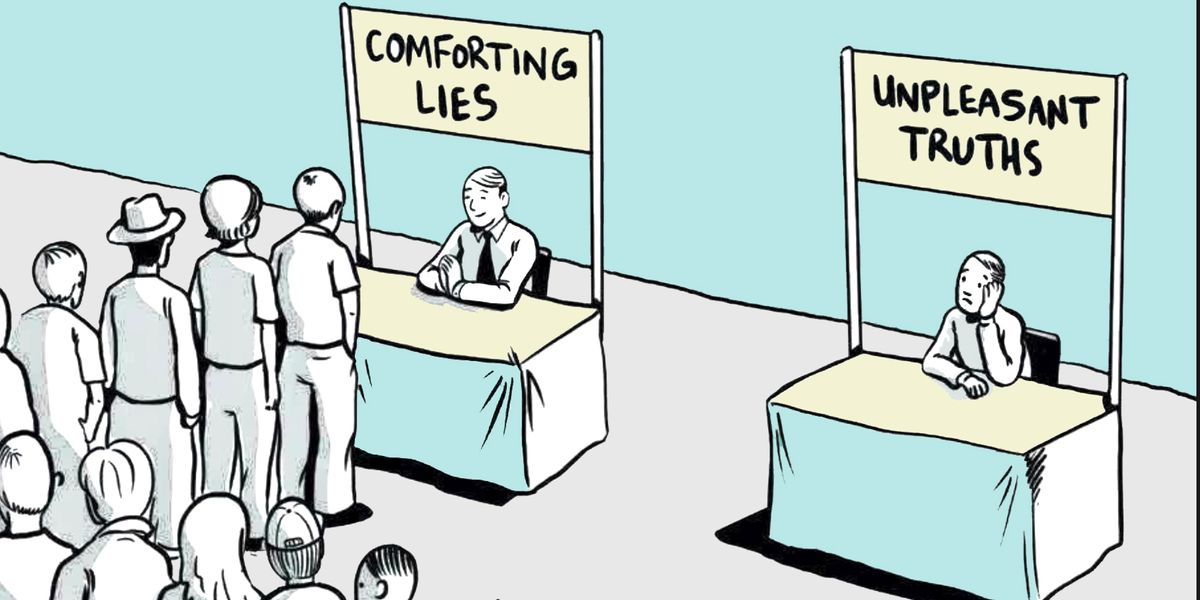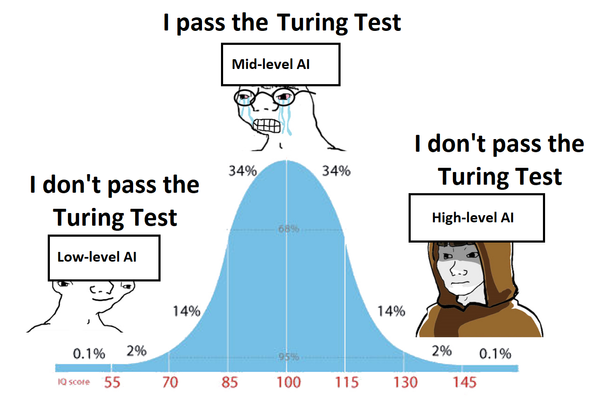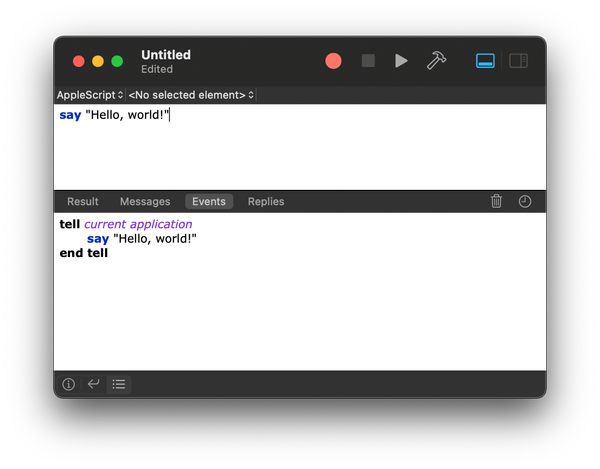Confirmation Bias: Understanding its Effects on Decision Making
Confirmation bias is a cognitive bias that affects decision-making processes. It refers to the tendency of individuals to seek out, interpret and remember information in a way that confirms their pre-existing beliefs or hypotheses while ignoring or dismissing contradictory evidence.

Introduction
Confirmation bias is a cognitive bias that affects decision-making processes. It refers to the tendency of individuals to seek out, interpret and remember information in a way that confirms their pre-existing beliefs or hypotheses while ignoring or dismissing contradictory evidence. This bias can have significant implications on the quality and objectivity of decision-making. In this article, we will explore the concept of confirmation bias, its effects on decision making, underlying psychological mechanisms and strategies to mitigate its impact.
Understanding Confirmation Bias
Confirmation bias is a natural human tendency, rooted in cognitive processes, to seek information that aligns with our existing beliefs or hypotheses. It occurs because humans have a natural desire to maintain consistency and avoid cognitive dissonance. When faced with new information, individuals tend to selectively interpret and remember it in a way that supports their preconceived notions.
Confirmation bias can be attributed to several underlying psychological mechanisms. One such mechanism is the "motivated reasoning" phenomenon, where individuals are motivated to reach a particular conclusion and actively seek out evidence that supports it. This motivation can be driven by various factors, including personal values, emotions, social influences, or the desire to protect one's self-image.
Effects on Decision Making
Confirmation bias can have profound effects on decision-making processes. When individuals are influenced by confirmation bias, they may exhibit several behaviors that impact the quality and objectivity of their decisions.
Selective Exposure: People actively seek out information that confirms their existing beliefs, leading to a limited exposure to diverse perspectives and alternative viewpoints. This can create an echo chamber effect, where individuals are only exposed to information that reinforces their preconceived notions, reinforcing their biases.
Biased Interpretation: Individuals tend to interpret ambiguous or uncertain information in a way that supports their pre-existing beliefs, disregarding other possible interpretations. This bias in interpretation can lead to distorted perceptions of reality and hinder the ability to consider alternative viewpoints.
Selective Memory: People are more likely to remember information that confirms their beliefs and conveniently forget or dismiss contradictory evidence. This selective memory can reinforce existing biases and prevent individuals from accurately evaluating the strengths and weaknesses of different options.
Overconfidence: Confirmation bias can lead to an inflated sense of confidence in one's beliefs or hypotheses. Individuals tend to overlook or downplay contradictory evidence, resulting in overestimation of the validity and reliability of their judgments. This overconfidence can lead to poor decision-making and increased vulnerability to errors.
Poor Decision Making: When individuals are influenced by confirmation bias, their decision-making processes may be compromised, leading to suboptimal outcomes. By selectively considering information that aligns with their pre-existing beliefs, individuals may overlook critical evidence, fail to consider alternative options and make decisions that are biased and less objective.
Mitigating Confirmation Bias
While confirmation bias is a deeply ingrained cognitive bias, there are strategies that can help mitigate its impact on decision making:
Awareness: Being aware of the existence and potential impact of confirmation bias is the first step in mitigating its effects. Recognising our own biases and actively seeking diverse perspectives can help counteract the tendency to confirm pre-existing beliefs. Actively question your own assumptions and be open to challenging your own beliefs.
Seek Contradictory Evidence: Actively seek out information that challenges your beliefs or hypotheses. Engage with diverse sources of information and consider alternative viewpoints. This can help broaden your perspective and expose you to a wider range of ideas and perspectives.
Promote Critical Thinking: Encourage critical thinking skills that emphasise evaluating evidence objectively, considering multiple perspectives and challenging assumptions. Develop a habit of questioning the validity and reliability of information and seek evidence that supports or contradicts your beliefs.
Devil's Advocate: Assign someone in the decision-making process to play the role of a devil's advocate, actively challenging prevailing beliefs and assumptions. This can help introduce alternative viewpoints and foster a more balanced and objective decision-making process.
Data-Driven Decision Making: Rely on data and evidence-based approaches to decision making. By grounding decisions in objective data, individuals can reduce the influence of confirmation bias. Use statistical analysis, empirical research and other data-driven techniques to inform your decisions and minimise the impact of personal biases.
Encourage Diversity: Foster an environment that promotes diversity of thought and encourages individuals to share their perspectives openly. By including a diverse range of voices and opinions in the decision-making process, you can reduce the likelihood of confirmation bias and promote more objective decision-making.
Conclusion
Confirmation bias is a cognitive bias that affects decision-making processes by leading individuals to seek out, interpret and remember information that confirms their pre-existing beliefs. The effects of confirmation bias can be detrimental to decision making, leading to limited exposure to diverse perspectives, biased interpretation of information, selective memory, overconfidence and poor decision outcomes. However, by being aware of confirmation bias and implementing strategies to mitigate its impact, individuals can make more objective and informed decisions. By actively seeking contradictory evidence, promoting critical thinking, incorporating diverse perspectives and relying on data-driven approaches, individuals can reduce the influence of confirmation bias and enhance the quality of their decision-making processes.



